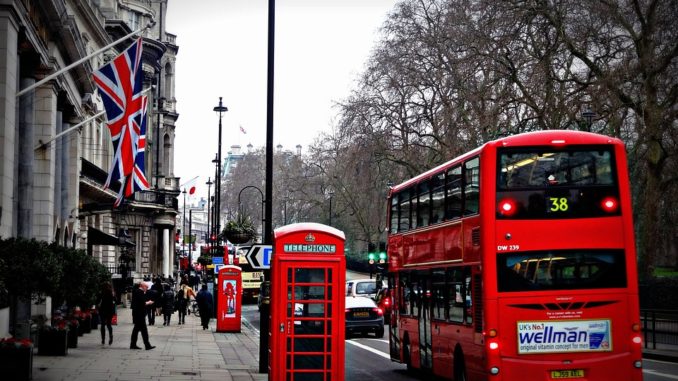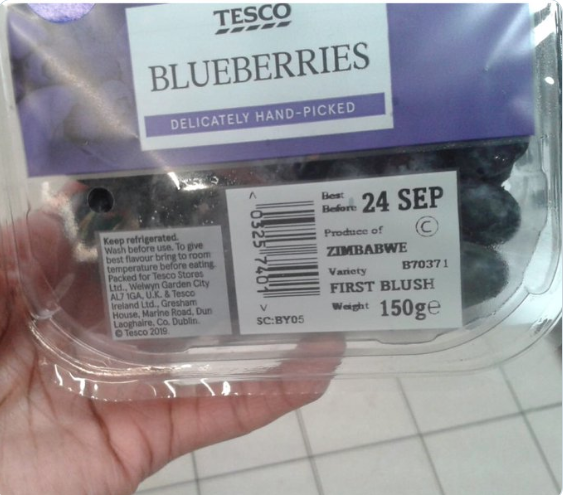
Unless there is a deal or an extension allowing for further negotiations, the UK will be breaking away from the European Union (EU) on the 31st of October 2019.
Aptly referred to as the “no-deal” Brexit, the consequences are both projected and imagined to be dire impacting even food and medicine supplies resulting in shortages; thanks to the anticipated sudden disruption in trade between the UK and the remaining EU members.
Further away from the unfolding potentially messy situation in the UK, for Zimbabwe’s horticultural famers and other exporters who have been exporting to the UK for ages, until recently there must have been much apprehension and uncertainty for the future.

Since the early 2000s under the ACP-EU Partnership Agreement (The Cotonou Agreement), Zimbabwean exporters have enjoyed a preferential trade arrangement with the EU.
The ACP-EU Partnership Agreement is described as “the most comprehensive partnership agreement between developing countries and the EU”1. Out of this ACP-EU Partnership Agreement, African countries further entered into negotiations with the EU in groups to come up with what has been referred to as Economic Partnership Agreements (EPAs)
Zimbabwe is part of the ESA-EU EPA. This is the group of countries out of Eastern and Southern Africa (ESA). Other members in this group are Madagascar, Mauritius and Seychelles. Come 31st of October or at anytime in the event of a no-deal Brexit, the ESA-EU EPA would no longer apply for trade between Zimbabwe and the UK.
In such a case the default is to revert to World Trade Organisation (WTO) trading system principles2. These would remove the preferential treatment currently enjoyed by Zimbabwe under the ESA-EU EPA. Under plain WTO rules, Zimbabwean companies would have to compete with other bigger and stronger global exporters to enter the UK market under similar rules and conditions.
In view of this impending danger, Zimbabwe and fellow ESA group members began negotiating with the UK to ring-fence the current trading arrangements in the event of a no-deal exit of the UK from the European Union.
The negotiations have been progressively concluded between each country in the group and the UK. There have also been negotiations between the UK and other groups such as SACUM-UK EPA. In the last several weeks, Zimbabwe officially signed its own agreement to become part of the ESA-UK EPA. Through this ESA-UK EPA, there will be continuity of current trading arrangements between the Zimbabwe and the UK.
According to the UK government, the new ESA-UK EPA agreements;-
…will be the basis of economic and trade relations once the EPA enters into effect. This EPA maintains the effects of the ESA-EU EPA 3
Of note here is that the new ESA-UK EPA will generally be the same as the now endangered ESA-EU EPA. This means Zimbabwean exporters to the UK should expect uninterrupted trade with the UK market in the event of a rule-less breakaway of the UK from the EU.
In the event of a negotiated exit of the UK from the EU, so called deal based exit, the exit agreement would shed light on how the The Cotonou Agreement, the mother of ACP-EU EPAs, would be handled going into the future.